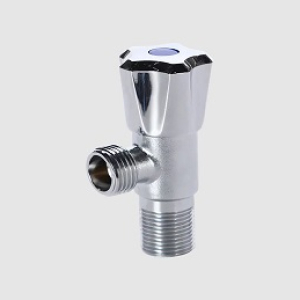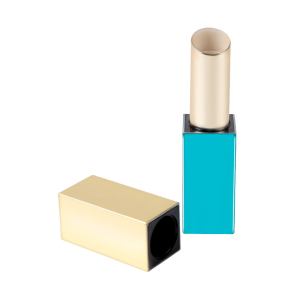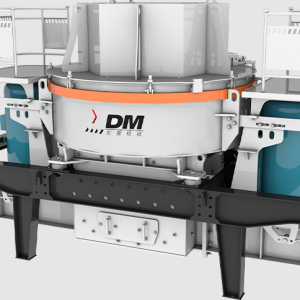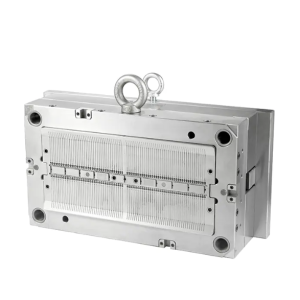Rotary hammer electric tools play a significant role in reducing environmental pollution compared to traditional pneumatic or gasoline-powered alternatives. Let's explore how these innovative tools contribute to environmental conservation and sustainability.
One of the most significant advantages of rotary hammer electric tools is their lower emissions compared to pneumatic or gasoline-powered counterparts. Pneumatic tools rely on compressed air, often generated by fossil fuel-powered compressors, while gasoline-powered tools emit harmful pollutants such as carbon monoxide, nitrogen oxides, and volatile organic compounds (VOCs). In contrast, rotary hammer electric tools operate using electricity, which can be sourced from renewable energy sources such as solar or wind power. By eliminating or significantly reducing emissions during operation, rotary hammer electric tools help mitigate air pollution and reduce the carbon footprint associated with construction activities.
Rotary hammer electric tools are known for their high energy efficiency, which contributes to lower overall energy consumption and reduced environmental impact. Compared to pneumatic tools that require constant air compression and gasoline-powered tools that rely on combustion engines, electric tools convert electrical energy directly into mechanical work with minimal energy loss. Additionally, advancements in motor technology, such as brushless motors, further enhance energy efficiency by reducing friction and heat generation. As a result, rotary hammer electric tools require less energy to perform the same tasks, leading to lower greenhouse gas emissions and reduced reliance on finite fossil fuel resources.
In addition to air and carbon emissions, construction activities can also contribute to noise pollution, which can negatively impact both workers and nearby communities. Rotary hammer electric tools typically produce lower noise levels compared to their pneumatic or gasoline-powered counterparts. Electric motors operate more quietly, reducing the overall noise generated during construction tasks such as drilling, chiseling, or demolition. By minimizing noise pollution, rotary hammer electric tools help create a more pleasant and sustainable working environment for construction workers and mitigate disturbances for surrounding communities.
Beyond operational benefits, the environmental impact of rotary hammer electric tools is also influenced by their lifecycle considerations, including manufacturing, transportation, and end-of-life disposal. Manufacturers increasingly prioritize sustainable materials, production processes, and packaging to minimize resource consumption and waste generation. Additionally, advancements in recycling and responsible disposal programs enable users to properly dispose of or recycle old tools and components, further reducing environmental impact.
When considering the full lifecycle of rotary hammer electric tools, including production, operation, and disposal, they offer significant environmental benefits compared to traditional alternatives. By reducing emissions, improving energy efficiency, minimizing noise pollution, and adopting sustainable practices throughout their lifecycle, rotary hammer electric tools contribute to environmental conservation and help build a more sustainable future for the construction industry.
In conclusion, rotary hammer electric tools offer a cleaner, quieter, and more sustainable alternative to traditional pneumatic or gasoline-powered tools. By harnessing the power of electricity and incorporating energy-efficient design principles, these innovative tools help minimize environmental pollution, conserve resources, and create healthier and more sustainable construction practices. As the construction industry continues to prioritize sustainability, rotary hammer electric tools are poised to play a crucial role in driving environmental progress and mitigating the impacts of construction activities on the planet.










